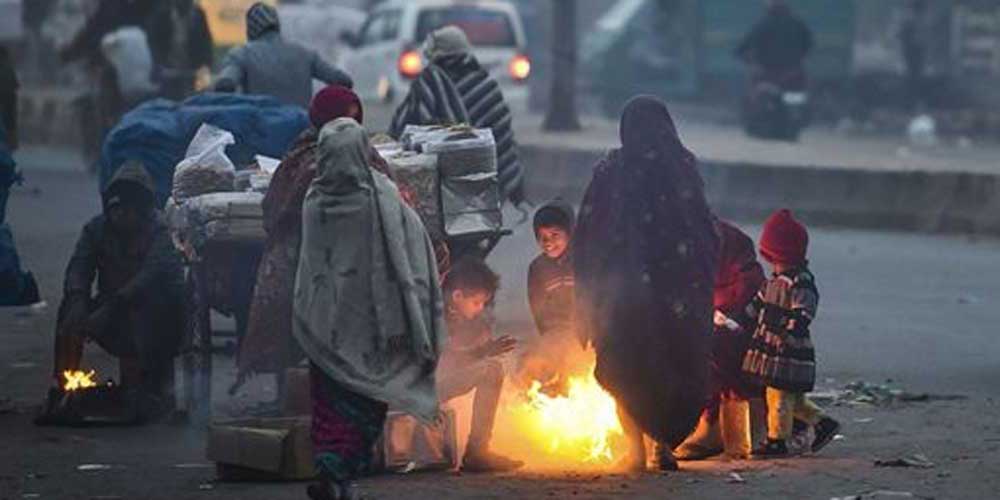Northern parts of the country are experiencing severe cold waves and dense fog conditions. Heavy to very heavy fog has been observed in various parts of Punjab, Delhi, Haryana, Chandigarh, Uttar Pradesh, and Bihar today, January 9.
The prevailing conditions of cold waves and dense fog have affected normal life in the region. Due to the dense fog, visibility has been reduced to almost zero in some places affecting air, rail, and road traffic.
The poor visibility led to the cancellation of as many as 128 trains as per the Indian Railways. 29 trains are also reported to be running late. Information provided by the official of Delhi Airport, five flights bound to Delhi were diverted due to low visibility today.
Meanwhile, India Meteorological Department (IMD) has forecast abatement in cold wave conditions in the plains of Northwest India and adjoining Central India from tomorrow due to the approaching western disturbance in Western Himalayan Region.
A cold wave is a meteorological phenomenon that occurs when the temperature in an area falls significantly below the average temperature for that time of year. Cold waves can be caused by a variety of factors, including the movement of cold air masses and the presence of high pressure systems. In North India, cold waves are most common during the winter months and can bring very cold temperatures and strong winds. It is important to dress warmly and take precautions to stay safe during a cold wave.
Here are some tips for managing your health during a cold wave:
- Stay warm: Dress in layers and stay inside as much as possible to avoid exposure to the cold.
- Stay hydrated: Drink plenty of fluids, such as water, to stay hydrated and help keep your throat and nasal passages moist.
- Wash your hands frequently: This can help prevent the spread of germs that can cause colds, flu, and other respiratory infections.
- Get plenty of rest: Adequate sleep can help boost your immune system and give your body the energy it needs to fight off illness.
- Eat a healthy diet: Incorporate plenty of fruits, vegetables, and lean proteins into your diet to help support your immune system.
- Exercise regularly: Exercise can help boost your immune system and improve your overall health.
- Stay informed: Keep track of local weather and health updates to stay informed about any potential health risks and how to protect yourself.
- Consider getting a flu shot: Getting a flu shot can help protect you against the flu, which can be more severe during the winter months.
- Seek medical attention if necessary: If you are experiencing severe symptoms or have underlying health conditions, it is important to seek medical attention as needed.
Remember to take care of yourself and stay healthy during a cold wave.

